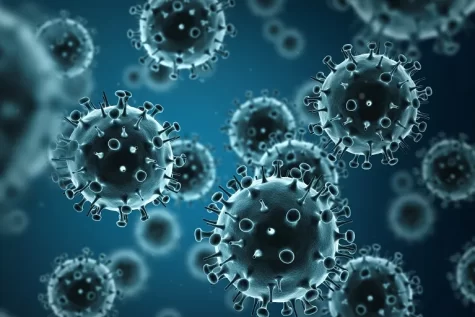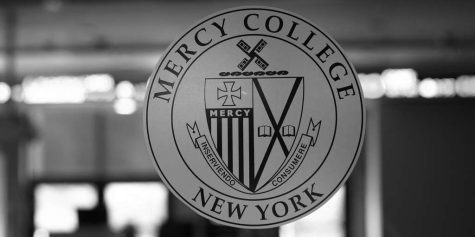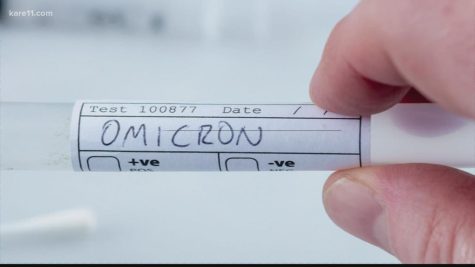Former Pakistani Diplomat Speaks On COVID-19 at Mercy Event

As part of it’s International Speakers Series, the Center for Global Engagement featured a presentation by ambassador and former Permanent Representative of Pakistan to the United Nations, Ahmed Kamal.
The Center for Global Engagement establishes programs and initiatives designed to encourage the exchange of knowledge across international boundaries, also known as study abroad.
Kamal was also a Senior Fellow of the United Nations, President of The Ambassador’s Club at the United Nations and Board Member of the International Association of Permanent Representatives (IAPR).
The United Nations is an intergovernmental organization that aims to maintain international peace and security, develop friendly relations among nations, achieve international cooperation, and be a center for harmonizing the actions of nations.
Kamal left India as a refugee and came to Pakistan in 1947. On April 29, Kamal spoke on COVID-19 and the impact on globalization.
“COVID-19 is fascinating. It’s fascinating because it’s an invisible spec that has created global consequences,” Kamal stated.
Those global consequences being early death, distance education, and staggered employment.
Kamal spoke on the details no one is aware of, those details being how the virus actually started, how it will end and what the “D” in COVID-19 may stand for.
Many believe the “D” stands for December, the month it was discovered, while it stands for disease.
Kamal also spoke on the discrimination China is receiving. “Everyone wants to blame China for the spread of this virus,” Kamal stated, “Instead of blaming China, we should be looking towards them and learning from them.” Kamal added.
Many are wondering what the world would be like post COIVD-19, and how people around the world are going to adjust to low income due to no employment.
“I really don’t know what the world would be like tomorrow post COVID-19,” Kamal stated.
Dr. Sheila Offman Gersh, the director of the Center for Global Engagement, spoke about the effectiveness of the presentation. .
“Ambassador Kamal provided us with a better understanding of COVID-19 and Globalization. He also left us to think about the changes we may see in the future. For example, the way we will work, the way we will use technology and the way we will adjust the new “normal,” Gersh stated.
While many are wondering if the world would go back to “normal,” Kamal believes that there isn’t a “normal” nor is there a “new normal.”
“Today is different from yesterday and tomorrow will be different from today. Your ‘new normal’ determines what tomorrow will be like,” Kamal explained.
When asked which sectors of the economy are likely to recover the fastest, Kamal stated that food will recover the fastest, and shelter, clothes and education will follow after.
Kamal believes that sophistication and vulnerability will increase. “I see a satisfied future,” Kamal stated. “We’ve been through many COVID-19s and pandemics. It will end and we will survive. We have survived all of the global pandemics from the past and we will survive this.”

Amber Perez is half Puerto Rican and half Italian. She is currently residing at The Bronx, New York and enjoys listening to music and reading books about...







